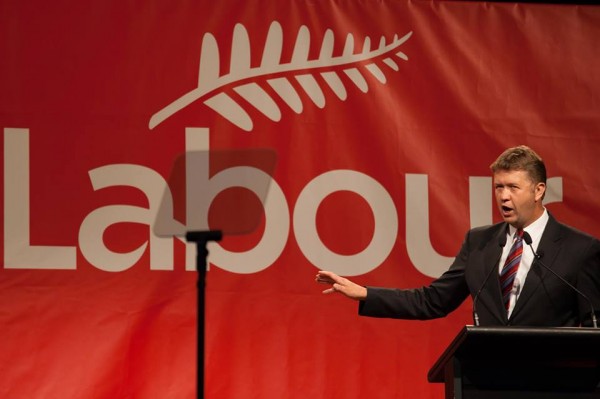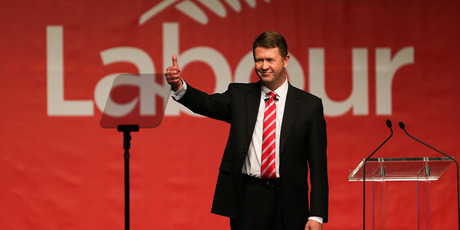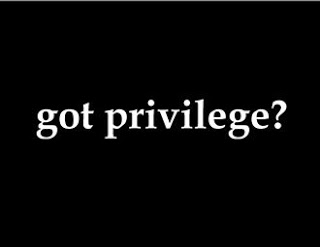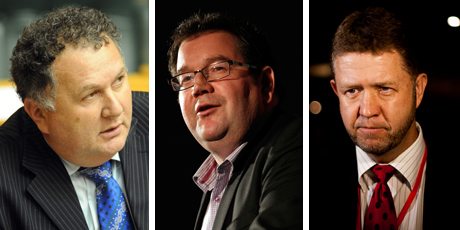Cunliffe’s state of the nation speech in Kelston was welcome relief to the nonsense of last week when the government decided to throw $359M at high-earning change and executive school principals. When the government’s answer to “underachieving” students is the establishment of charter schools, then anything they suggest needs serious scrutiny. So what exactly can executive principals achieve? If the government believes that successful schools are those with lots of Cambridge exam-achieving kids, then essentially their work programme will be to unleash high-decile school principals on low decile schools. Turning Maori and Pasifika learners into ‘mini-me’ decile 10 kids by advancing their styles of learning and engagement is better known as assimilation.
By contrast, Labour’s announcement of an extra $60 per week to families of new born children – including beneficiaries who are people too and some in society need reminding of that often – will help lift the burden of rising living costs across the board. Increasing the number of ECE centres in high needs areas as well as increasing free hours for children is placing investment and support where it’s needed most. In the early years of a child’s life and development. Moreover, extending paid parental leave to 6 months means that a parent can be at home with baby for a good period of time without too much stress on family finances. The Greens also came out with an impressive plan to ensure school kids get enough to eat at lunch time, greater access to nurses and free after school care. Labour and the Greens are agreed on prioritising the needs to children in order to give them the ‘best start’ in life.
There is a clear link between child poverty and educational achievement. Professor of Public Policy Jonathan Boston of Victoria University states that there is “a large proportion of children born into disadvantaged families and/or who experience protracted periods of childhood poverty who do not enjoy high levels of educational success” (2013:9). The idea of throwing money at executive principals does nothing to address the issue of childhood poverty and misleads people and organisations to becoming “cautiously optimistic” that it will have a positive impact on student outcomes. Further, the recent suggestion by some academics that it will raise the perception of teaching as a profession is merely succumbing to the lolly scramble of more money for management positions and careering off the (under) achievement of students in low decile schools.
NZ has long prided itself in being a society built on the egalitarian premise that everyone, regardless of race, class or gender, has fair and equal access to opportunity. This is not the case when 1 in 4 children is living in poverty and even less own two pairs of shoes. Focusing policies on alleviating financial hardship and disadvantage will lift student success and pave the way for future prosperity and peace that can be experienced by all and not the high-decile few.










